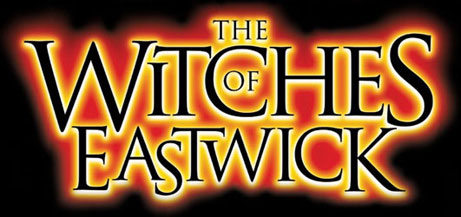di·a·bol·ic
[dahy-uh-bol-ik]
adjective
1. having the qualities of a devil; devilish; fiendish; outrageously wicked: a diabolic plot.
2. pertaining to or actuated by a devil.
Also, di·a·bol·i·cal.
--------------------------------------------------------------------------------
Origin:
1350–1400; Middle English diabolik (< Middle French ) < Late Latin diabolicus < Greek diabolikós, equivalent to diábol ( os ) devil + -ikos -ic
Related forms
di·a·bol·i·cal·ly, adverb
di·a·bol·i·cal·ness, noun
hy·per·di·a·bol·i·cal, adjective
hy·per·di·a·bol·i·cal·ly, adverb
hy·per·di·a·bol·i·cal·ness, noun
non·di·a·bol·ic, adjective
non·di·a·bol·i·cal, adjective
non·di·a·bol·i·cal·ly, adverb
non·di·a·bol·i·cal·ness, noun
su·per·di·a·bol·i·cal, adjective
su·per·di·a·bol·i·cal·ly, adverb
su·per·di·a·bol·i·cal·ness, noun
***
A Bewitching Look Back
During the infamous 1692 trials in Salem, MA, 75% of those charged with witchcraft were women.
Historians now believe that feuds over local property may have sparked the accusations.
Most of the women charged were over 40 without sons or brothers. Since they had no male heirs, this meant they would likely inherit property from their husbands.
In Puritan times, the idea of an independently wealthy woman was socially unacceptable.
Eight of the 13 American colonies acknowledged witchcraft as a capital crime.
In Salem 14 of the 20 executed were women. In nearby Andover the hysteria was so great that even a dog was put to death.



No comments:
Post a Comment